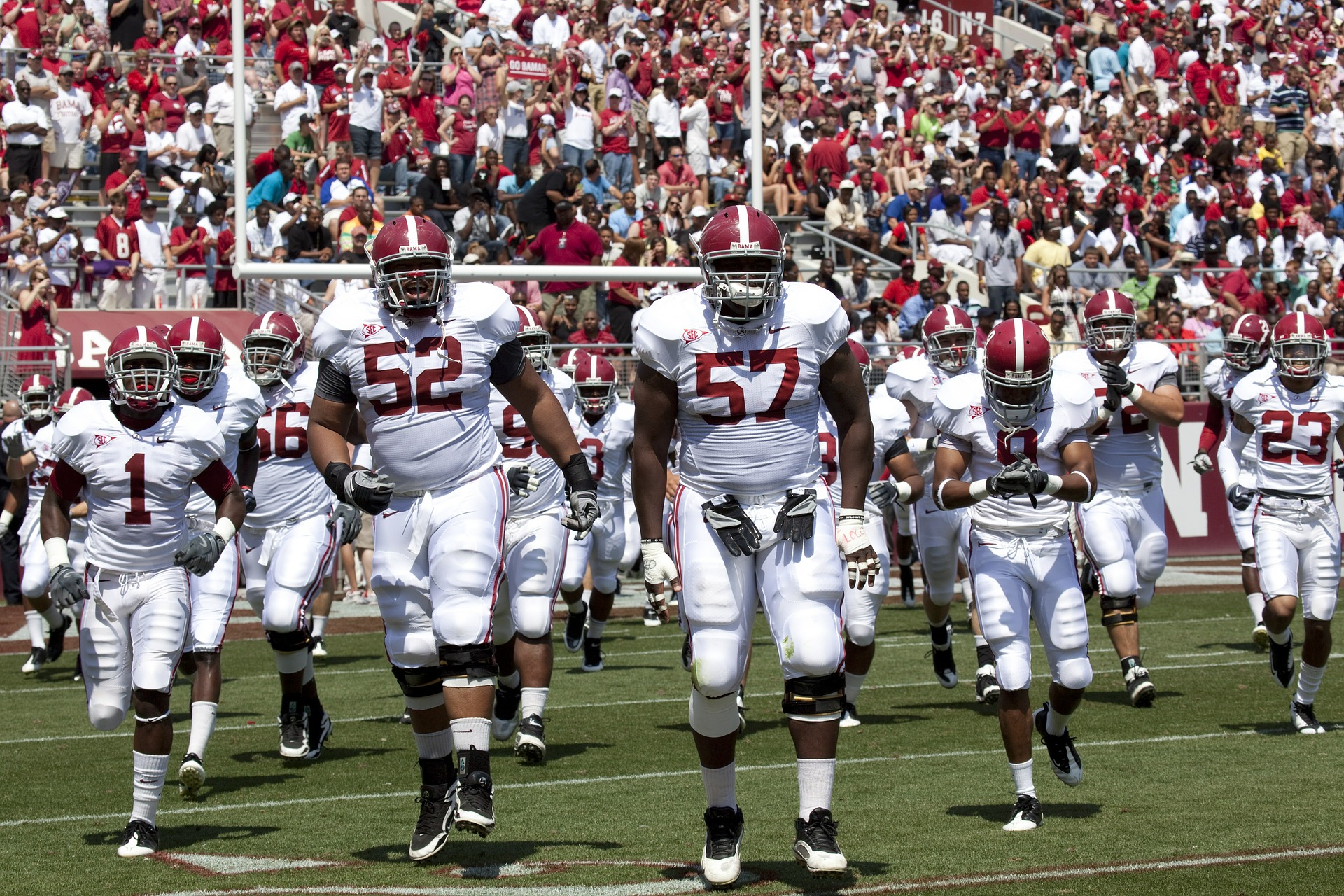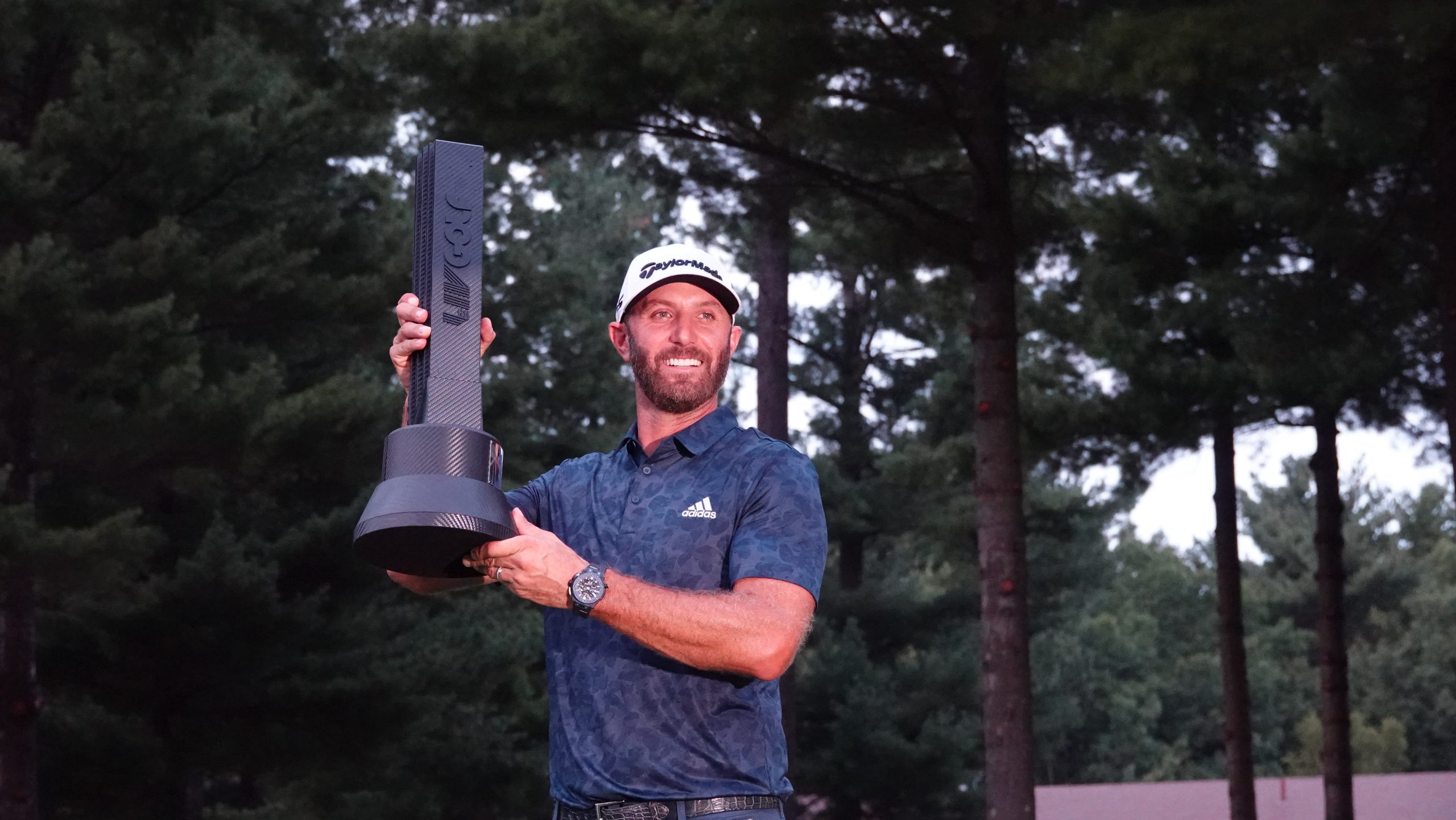All of us sports lovers have seen the movies with college recruitment themes in the storyline. These movies highlight the drama, excitement, and limits imposed by the National Collegiate Athletic Association (NCAA) surrounding the recruitment of players to colleges and universities. (For a list of recruitment-themed movies, visit Jon Talty, The 10 Best sports movies with recruiting story lines, AL.com, July 31, 2014.) Some of the most memorable movies are Necessary Roughness (1991) and Blue Chips (1994). In Blue Chips, despite the coach’s distaste for illegal recruitment, he contacts a “friend of the program” who buys one player a Lexus, another receives $30,000.00 in a gym bag, and yet another player’s mother gets a new home and a job. Similarly, in Necessary Roughness the smaller school gets stuck with the bottom-of-the-barrel players and the larger school receives nice uniforms, a plush bus, and personal tutors.
Recently, this excitement and drama came to the United States District Court for the Northern District of California with the decision on Edward O’Bannon, et al., v. National Collegiate Athletic Association; Electronic Arts Inc.; and Collegiate Licensing Company. After an eighteen day bench trial, the court “found that the challenged NCAA rules unreasonably restrain trade in the market for certain educational and athletic opportunities offered by NCAA Division I schools.” (Read the full opinion here: obannon-court-decision.)
The Ruling
The class action Plaintiffs – current and former college Football Bowl Subdivision (FBS) football and Division I basketball players – claimed that rules “bar[ring] student-athletes from receiving a share of the revenue that the NCAA and its member schools earn from the…use [of] the student-athletes’ names, images, and likenesses” unreasonably restrain trade, violating the Sherman Antitrust Act. The NCAA argued the rules “are necessary to uphold its educational mission and to protect the popularity of collegiate sports.” The court determined that “procompetitive justifications…could be achieved through less restrictive means.”
Therefore, schools can now offer FBS football or Division I basketball recruits some revenue generated from the use of their names, images, and likenesses. This revnue can be additional financial aid (tuition and fees, room and board, and required course-related books) or a stipend. The stipend allows a deposit of up to $5,000.00 per year in trust, paid when the athlete leaves school or his eligibility expires. (For a more thorough synopsis, read Jon Solomon, O’Bannon judge rules NCAA violates antitrust law, CBSSports.com, Aug. 8, 2014.)
The Impact
Assuming the case isn’t overturned on appeal, the case has the potential to change college recruitment as we know it. While this ruling does not allow anything like pay-to-play, and all players at the same school are to receive the same share of revenue, the ruling will effect athletic recruitment in certain programs. For example, the autonomy granted to the schools in setting the amounts to award up to the cap will allow the more financially well-off programs to give athletes compensation that lower-level schools cannot afford.
Players will want to attend schools where they receive the maximum share of revenue over schools that do not have the funds in their athletic programs to provide the share of revenue. This will make the line between these college programs even thicker. Additionally, this case could lead to future suits by players who are not receiving a share of revenue such as players in other divisions, players in other sports, and women athletes.
In light of the decision, perhaps we will see a new wave of recruitment-themed cinema. In a remake of Blue Chips, Ricky Roe will try to negotiate for his $30,000.00 in a gym bag in lieu of the stipend he would have received at another school, while his teammates receive nothing at all. While those smaller schools without adequate funding might get caught in a real-life reenactment of Necessary Roughness because they can’t offer the perks of the big schools. Except now it won’t be an NCAA violation for the bigger schools to pay the players.
Kristyne Schaaf-Olson is a 3L at Arizona State University Sandra Day O’Connor College of Law. She is an associate editor for the Sports & Entertainment Law Journal.


